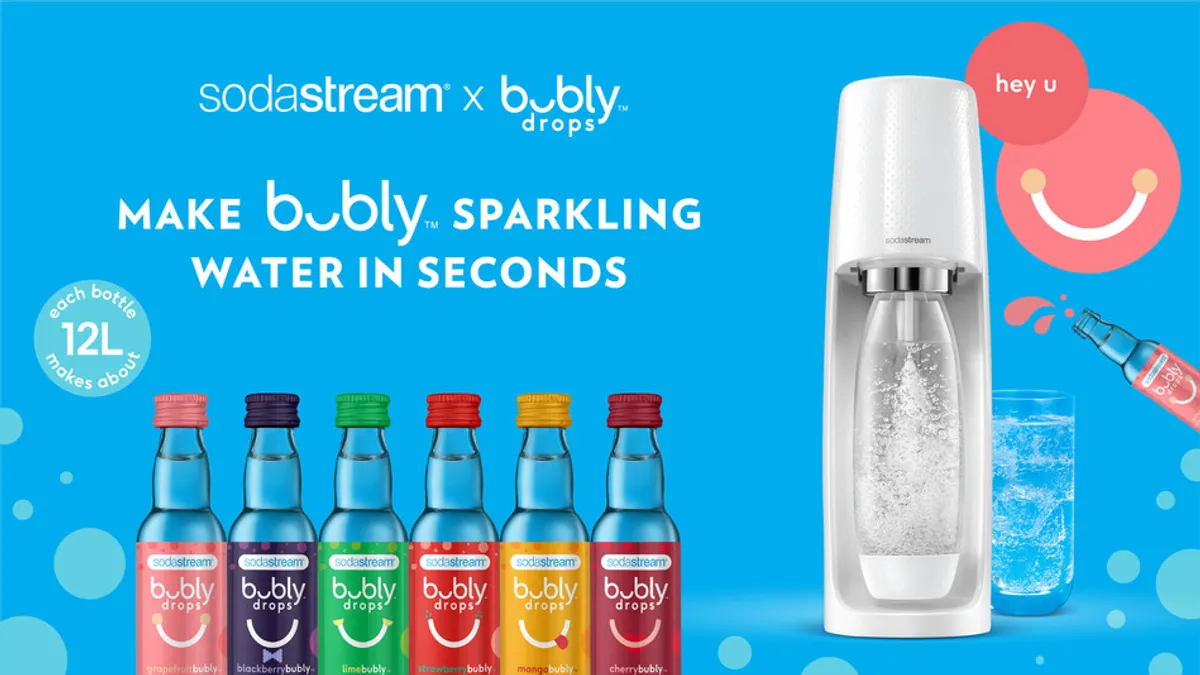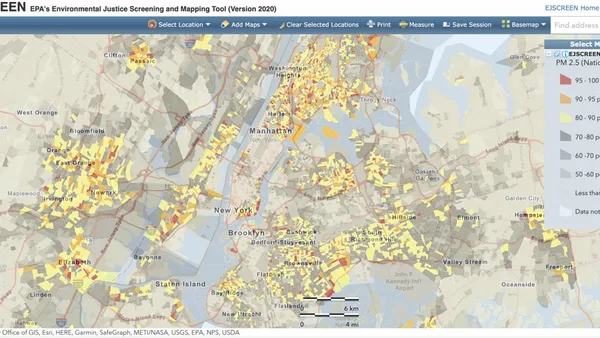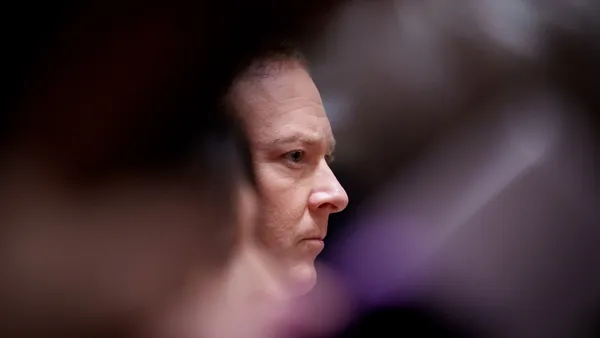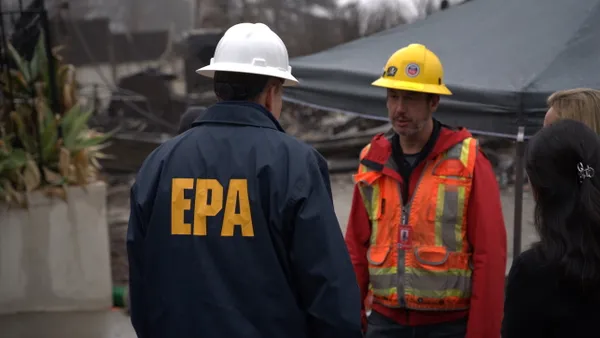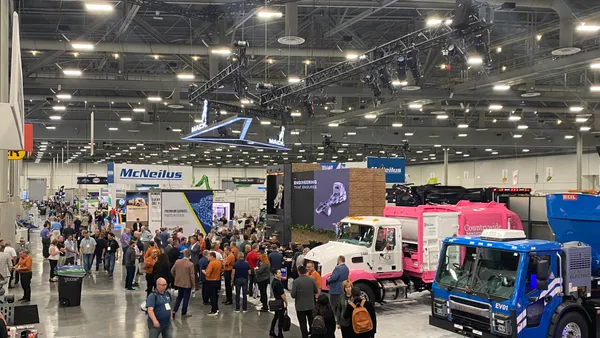Dive Brief:
- PepsiCo plans to double the percentage of all beverage servings it sells delivered through reusable models from a current 10% to 20% by 2030, the company said in a statement.
- PepsiCo said it will focus on four areas to meet its goal: expand the company’s SodaStream business, build out refillable plastic (PET) and glass bottle offerings, grow its fountain drinks platform with reusable cups; and accelerate growth in powders and concentrates.
- As consumers place a greater importance on the role food and beverage companies play in the environment, nearly every large CPG has announced some type of commitment to reducing their footprint.
Dive Insight:
With a portfolio of well-known brands such as Gatorade, Aquafina and its namesake cola, its prominence in the beverage space unsurprisingly has made PepsiCo a target for change.
Earlier this year, PepsiCo agreed to reduce its use of single-use packaging by the end of 2022 in response to a shareholder proposal from As You Sow, a sustainability nonprofit. Pathways to meet this target, such as doing more with SodaStream or powders, were mentioned by PepsiCo in its latest announcement.
“Fundamentally transforming the traditional beverage consumption model will require making reusable and refillable options accessible and convenient, at scale, for consumers – and that’s what PepsiCo aims to do,” said Jim Andrew, PepsiCo’s chief sustainability officer, in a statement.
PepsiCo said the updated packaging goal will help it meet a target of reducing virgin plastic per serving by 50% by 2030 and to become “net zero” by 2040.
Nearly two-thirds of consumers consider it important that the products they buy are in recyclable packaging, according to Trivium Packaging’s 2021 Global Buying Green Report. The report also found more than half (54%) take sustainable packaging into consideration when selecting a product.
PepsiCo has been implementing new environmental efforts and targets, both broadly and through specific products within its portfolio for years. PepsiCo has tested recyclable molded pulp rings on its soda cans to replace plastic ones and launched a compostable bag for its Off The Eaten Path brand.
But things haven’t always gone according to plan for the New York-based company. The CPG giant said in July that Scope 3 emissions — which account for 93% of the company’s emissions — increased by 5% from a 2015 baseline, due to “unprecedented business growth” for its products. Scope 3 is generally defined as indirect emissions from across a company’s supply and value chain.
One major criticism made against food and beverage makers by critics when it comes to sustainability is that more often than not the companies do it alone rather than work in collaboration with other businesses in the supply chain where they could have a bigger impact. There also is little transparency from the companies to show they are following through on their pledges.
Sander Defruyt, the Ellen MacArthur Foundation’s plastic initiative lead, said in the PepsiCo release that recycling alone is not enough to end the “plastic pollution crisis." Previously, the group has highlighted limited work by companies when it comes to reuse strategies.
"By avoiding single-use packaging waste in the first place, reuse business models are an important part of creating a circular economy,” Defruyt noted. “We hope other global brands will follow suit and similarly set quantitative reuse targets helping to reduce their use of virgin plastics in packaging.”



